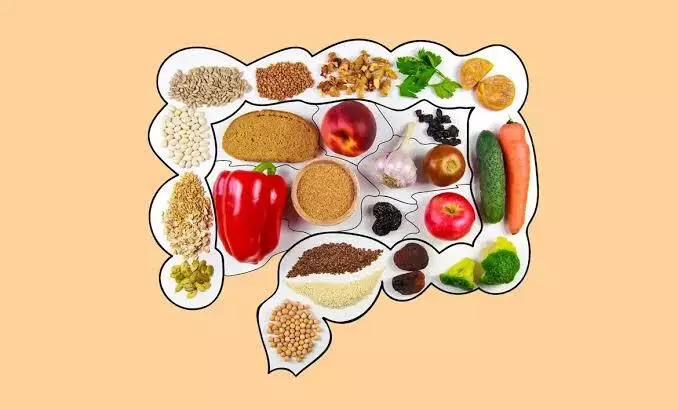Colorectal cancer: Foods to be made part of daily routine to avoid deadly carcinoma
Foods causing inflammation and elevating risk include sugar, animal fats, and red/processed meats
By Anoushka Caroline Williams
Hyderabad: Over the past three decades, colorectal cancer has witnessed a decline, attributed to improved screening and heightened awareness. However, a concerning trend has emerged among younger adults under 50, where rates have more than doubled.
Dr. Vijay Anand Reddy, Oncologist at Apollo Hospitals, Hyderabad, and Dr. Nagendra Parvataneni, Oncologist at KIMS Hospital, sheds light on the potential culprit: diet.
The Western Diet's Impact
Colorectal cancer was once rare, notably absent in leaner, healthier diets of underdeveloped rural societies. Dr. Reddy attributes the rising incidence to the pervasive Western diet, characterized by sugary beverages, unhealthy fats, and increased red meat consumption over the last century.
Foods That Increase Risk
Dietary habits play a pivotal role in inflammation, a precursor to colorectal cancer. Substances causing inflammation and elevating risk include sugar, animal fats, and red/processed meats. Dr. Reddy delves into ongoing research examining the molecular impact of these substances on cancer development.
1. Sugar: Dr. Reddy explores the potential link between processed sugars, especially high fructose corn syrup, and tumor growth. “Research indicates a keen interest in understanding if fructose acts as an energy source for colorectal cancer,” said Dr. Reddy.
2. Animal Fats: Chronic inflammation caused by prolonged consumption of animal fats can lead to obesity and type 2 diabetes, creating a pro-inflammatory environment that heightens colorectal cancer risk.
3. Red and Processed Meats Studies reveal a correlation between frequent consumption of red or processed meat and a 20% higher risk of colorectal cancer. Bacon, salami, hot dogs, and deli meats contribute to inflammation and obesity.
Foods That Fight Colorectal Cancer
Plant-based diets, rich in fruits, vegetables, and whole grains while low in animal fats and red meat, are associated with lower colorectal cancer risk. Dr. Parvataneni emphasizes the benefits of leafy greens like kale, spinach, and broccoli, offering fiber and nutrients crucial for gastrointestinal health.
A Colorful, Varied Diet
Rather than focusing on a single "magic" vegetable, Dr. Parvataneni advocates for a diverse, colorful, plant-based diet.
“The Mediterranean diet, with increased consumption of fruits, vegetables, legumes, nuts, and berries, while minimizing red meat and animal fats, stands out as an optimal choice” he adds.
Drinking Alcohol in Moderation
Acknowledging the link between alcohol and various cancers, including colorectal cancer, Dr. Reddy advises moderation. “WHO recommends no more than one drink a day for women and no more than two drinks a day for men” he added.
Considering Surgery for Risk Reduction
Exploring unconventional paths, Dr. Reddy highlights the potential role of bariatric surgery in reducing colorectal cancer risk. “Understanding its impact on metabolic pathways involved in cancer development could lead to non-surgical interventions,” he said.
The Importance of Screening
Family history significantly influences colorectal cancer risk. Dr. Parvataneni emphasizes early screening, especially for those with relatives diagnosed before the age of 50, urging individuals to undergo a colonoscopy at least 10 years before their relative's initial diagnosis.
In conclusion, awareness, dietary adjustments, and timely screenings emerge as crucial elements in the battle against colorectal cancer.